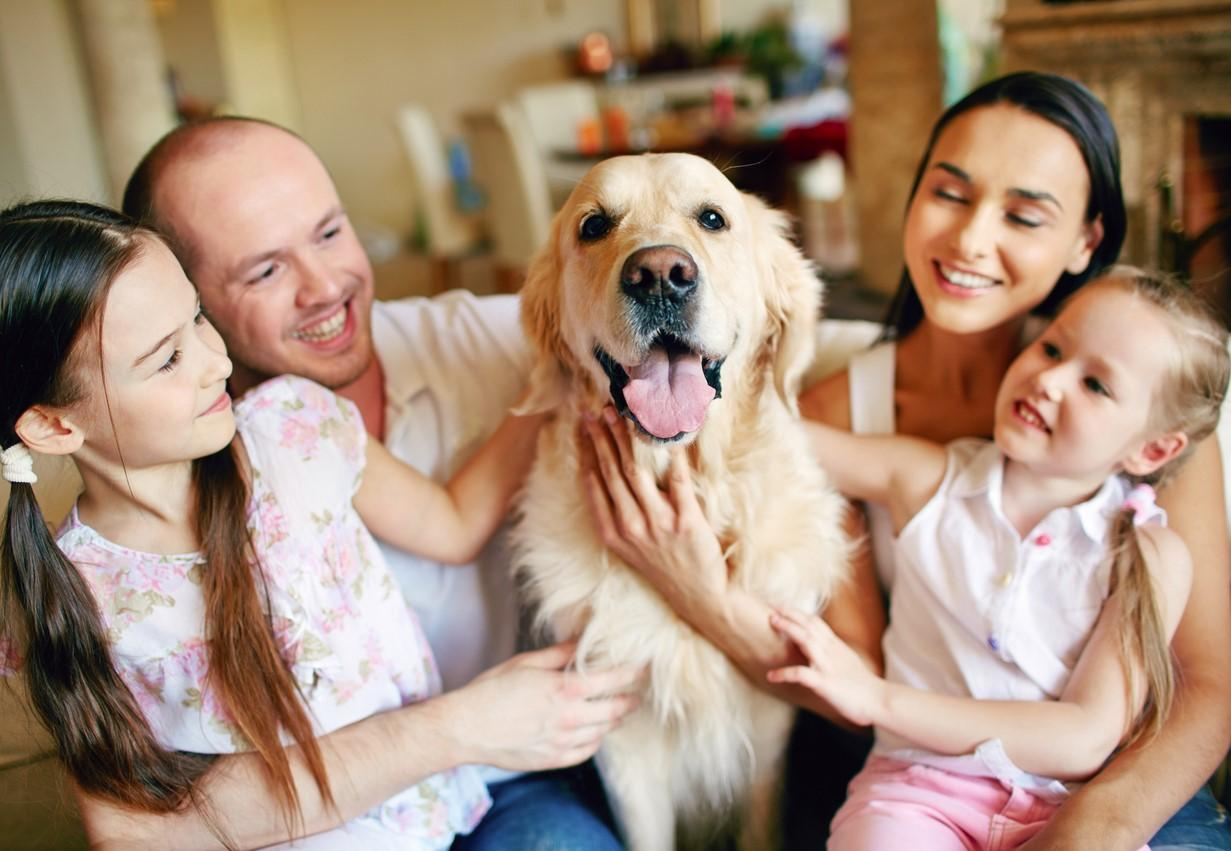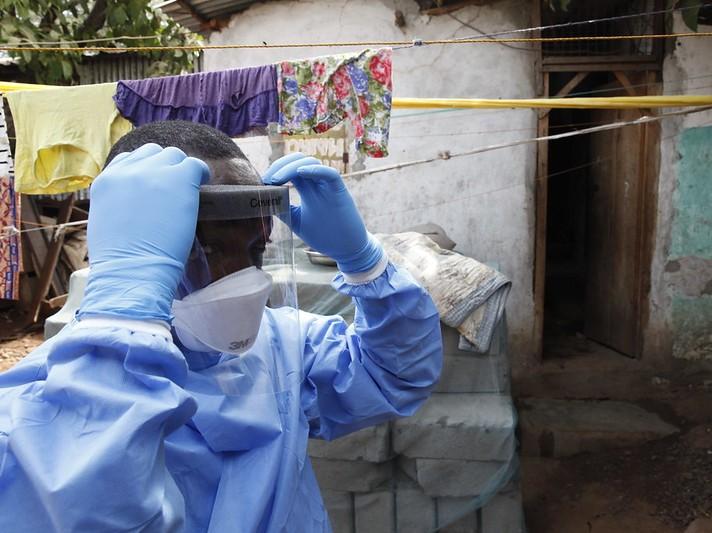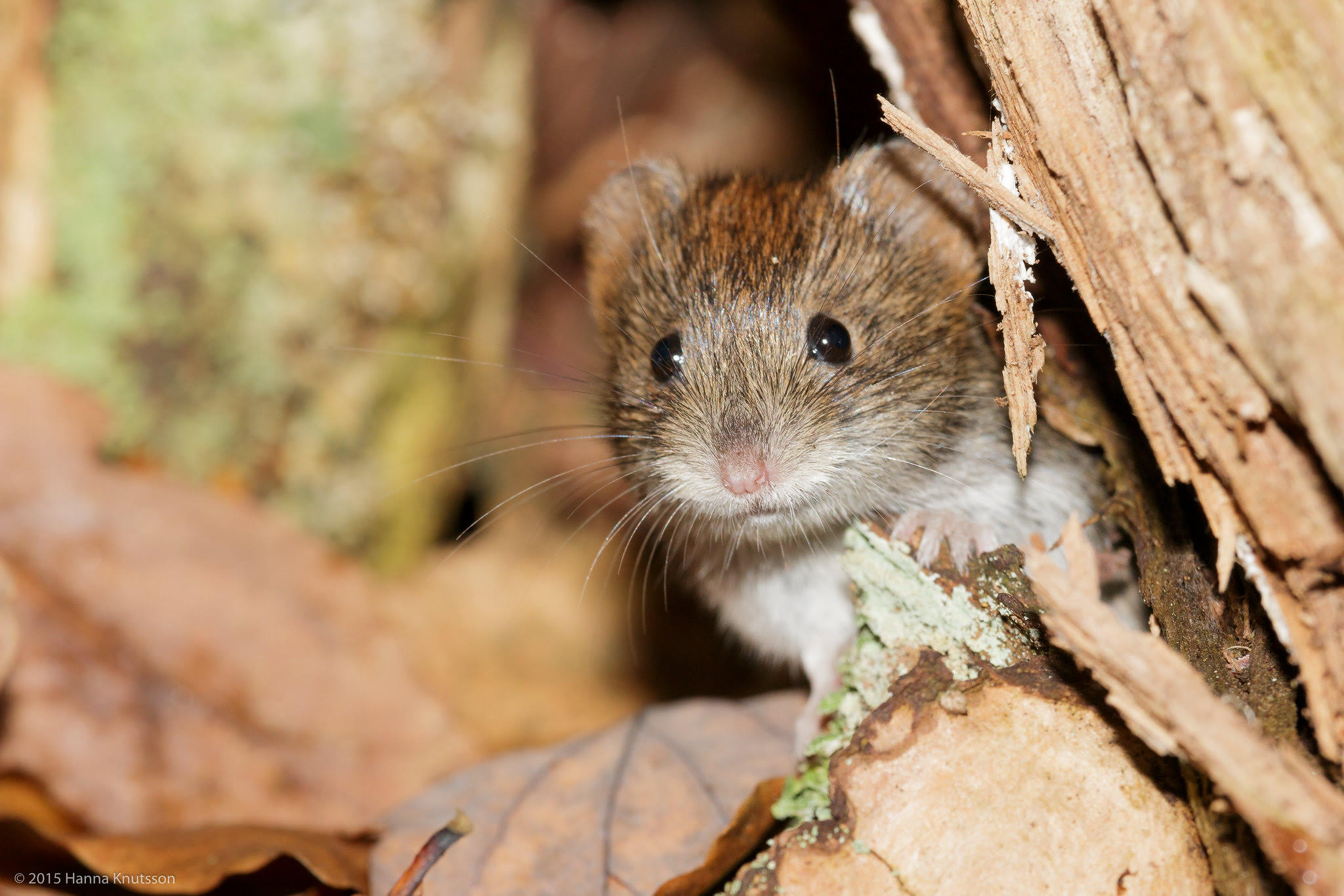
A surveillance survey published in Virus Research finds an almost 70% elevated prevalence of SARS-CoV-2 antibodies in the blood of pet dogs exposed to the virus in their homes.
Researchers from the University of Pittsburgh and Zoetis, developer of the SARS-CoV-2 lateral-flow assay (LFA) used in the study, analyzed serum samples from 196 dogs in Pennsylvania for viral antibodies from November 2021 to March 2022.
The dogs included those that were exposed to COVID-positive human household members, had recently had a SARS-CoV-2 infection, or had no exposure. The animals showed no signs of SARS-CoV-2 infection and were brought to the vet clinic for other indications.
"Human to animal [SARS-CoV] spillovers have been documented both in domestic and wild animal species," the study authors noted. "Due to close contact in shared households, pet dogs may be at increased risk for contracting the SARS-CoV-2 virus from infected individuals in the same household."
Importance of continued surveillance
Dogs exposed to COVID-positive household members had a significantly higher SARS-CoV-2 seroprevalence (68%) than other dogs. Seroprevalence among all dogs, determined using a surrogate virus neutralization test (sVNT), was 12.2%.
These findings provide serological evidence of SARS-CoV-2 spillover to pet dogs and underscore the importance of continued surveillance in companion animals.
All sVNT-positive sera were also positive on a pseudovirus neutralization test (pVNT) except for samples from one dog, likely due to a weak antibody response. Antibody levels, determined using a panel of spike pseudoviruses in the pVNT test, revealed higher concentrations against the Delta, Gamma, and Alpha variants than against Omicron.
The sensitivity and specificity of the LFA was 85% compared with the sVNT and 75% compared with the pVNT, indicating its potential for field use in dogs, the authors said.
"These findings provide serological evidence of SARS-CoV-2 spillover to pet dogs and underscore the importance of continued surveillance in companion animals as part of a One Health approach, especially as new viral variants continue to emerge," they wrote.













